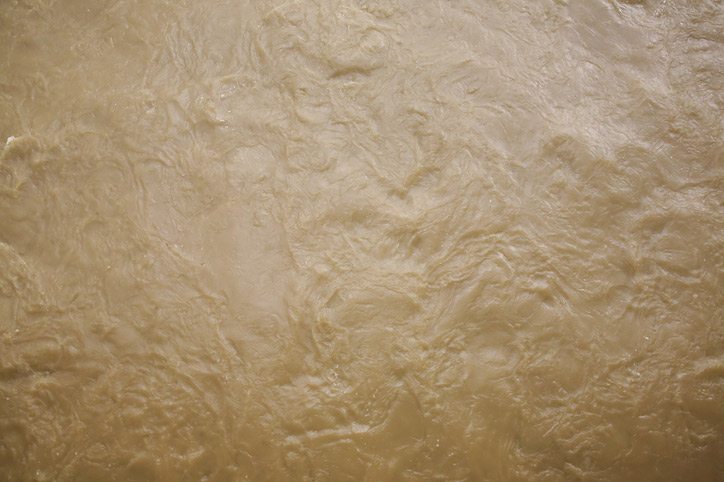Understanding Greywater: A Guide to Proper Water Protocols

If you live in a state prone to droughts and occasional restrictions of water use (such as California) you’ve probably heard of efforts to reclaim and reuse grey water, also known as greywater, graywater, or gray water. You may be asking yourself, “What is grey water?” Good question. Here’s an overview of greywater and greywater systems.
With most homes, all waste water is routed to a septic tank or the local sewage system via one main exit pipe. A few homes have what is called a greywater system, which filters and reuses some waste water from bathroom sinks, showers, bath tubs, dishwashers and washing machines. The other kind of waste water is known as black water. This water comes from your toilets, your kitchen sink and your dishwasher, and contains food, urine and fecal matter. This kind of water is a serious health risk and must be routed directly out of the home for extensive treatment before it’s of any use.
Greywater systems can re-use a large amount of your waste water for home irrigation purposes. (Some sources estimate this to be sixty to seventy percent of your overall water use.) They retain and filter greywater and distribute it to your lawn, landscaping, and flower gardens. This water is safe for these types of plants, but not safe for vegetable gardens. The filter removes a good amount of soap and dirt, but still doesn’t make this water safe for pets to drink, so these irrigation systems must be designed to avoid the formation of puddles. (Puddles pose a risk to your home’s foundation as well.)
The soap and dirt that isn’t filtered out contains minerals and other nutrients that can actually benefit your plants in small quantities. The main benefit to you, however, is the ability to re-use water that you’ve paid for. This savings is weighed against the cost of installing and maintaining the grey water system. Regardless of these costs, the community benefits by the reduction of water demand when supply is low.
If you do decide to have a greywater system installed at your home, make sure the irrigation system is installed to evenly distribute grey water to your plants, and away from any fruit or vegetable plants. This water cannot be used in sprinkler systems because it can contain bacteria and viruses that you don’t want to make airborne. You also need to slightly change your laundry habits. Laundry detergents high in salt can damage your plants. You must also avoid using boron in your laundry. Other than those few factors, grey water systems can be a great benefit to you, your vegetation, and your community.
Pacific Flood Restoration is a leading water damage repair company in San Diego. We can help you prevent water damage and fix whatever damage your home may have sustained. We have a reputation for integrity and high-quality services. Give us a call at 832-294-5462 or contact us online if you find signs of water damage in your home.


